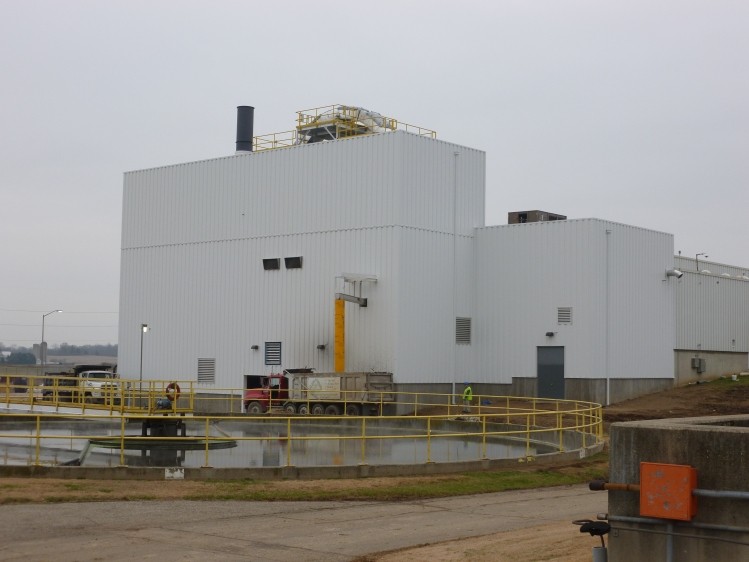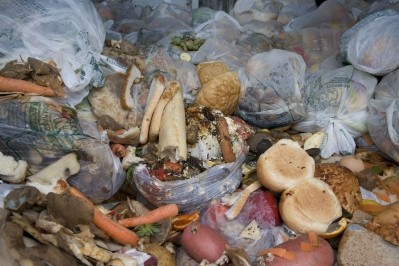Novel protein from food waste streams

The protein, called ProFloc, is made from a bacteria grown and harvested in food manufacturing waste streams. It has been developed by the US protein manufacturer Nutrinsic.
Although it will initially be tested as an animal feed in the US, Nutrinsic boss Leo Gingras believed it could eventually play an important role in feeding the 8bn people predicted to inhabit the earth by 2025.
Waste stream
“We alter the biological conditions of the manufacturer’s waste stream by changing the temperature, adding nitrogen and then adding a solution to reduce the pH levels,” said Gingras. “While the bacteria is constantly being harvested, a single bacterium has a life-cycle of just 10 days.”
ProFloc is cheap and easy to make, Gingras claimed. “No physical modifications need to be made to a firm’s waste stream; just conditional changes.” The only by-product is clean water, he claimed.
Extra costs are incurred, however, to clean, dry, powder and pack the product, he explained.
“We have built a new processing plant in Ohio, which was a multimillion [dollar] investment,” Gingras said. The facility currently has a capacity of 5,000t a year.
ProFloc has a protein content of 60%, a moisture content of 8% and is tasteless. “It’s also manufactured to food-grade specifications and I’ve tried it it doesn’t taste of much,” said Gingras.
“While we will sell it as animal feed to provide us with an income, we will seek approval for use in human food from the [US] Food and Drug Administration.”
Approval
If approval is gained, the product could be used as a meat alternative, or as a way to cheaply boost the protein content of other foods.
Meanwhile, UK consumers were recently urged by Tim Benton, a professor of population ecology at the University of Leeds, to change their diets to help save the world from disaster.
By 2050, the world would need to increase food production by a further 60–100% to meet global demand, which is more than has ever been produced in human history, he told delegates at the British Nutrition Foundation Annual Day in London last year.















